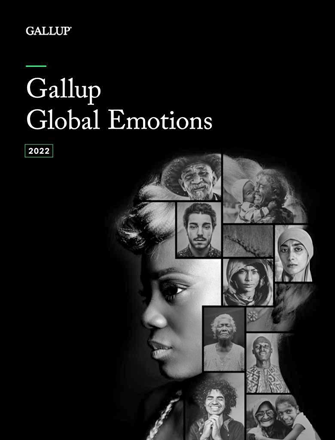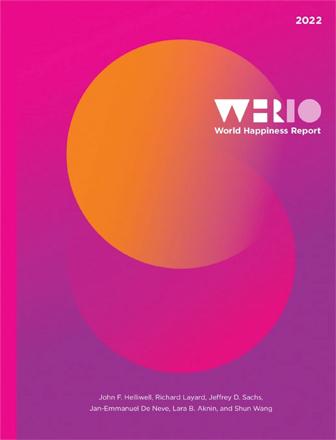You are here
Jordan drops in happiness ranking
By Maria Weldali - Mar 22,2021 - Last updated at Mar 22,2021
AMMAN — The Kingdom’s happiness ranking dropped from 119th to 127th in the 2021 World Happiness Report.
This year, the report focused on the effects of COVID-19 on the structure and quality of people’s lives, in addition to describing governments’ responses to the pandemic, as well as, unravelling how geography, demography, and the spread of the virus have interacted with each country’s scientific knowledge and social and political underpinnings.
The World Happiness Report which was first released in 2012, is a landmark survey of the state of global happiness that ranks 149 countries by how happy their citizens perceive themselves to be, according to the World Happiness Report website.
The report is primarily based on life expectancy, GDP levels, social support, freedom and corruption income.
“The pandemic’s worst effect has been the two million coronavirus deaths in 2020. A rise of nearly 4 per cent in the annual number of deaths,” according to the report.
The report’s findings showed that trust and the ability to count on others are major supporters to life evaluations, noting that “trust is even more important in explaining the very large international differences in COVID-19 death rates”.
The top 10 happiest countries in the world in 2021 are Finland, Denmark, Switzerland, Iceland, Netherlands, Norway, Sweden, Luxembourg, New Zealand and Austria, respectively.
As for the Arab countries, Bahrain came in at 22 worldwide as the happiest Arab country, followed by the United Arab Emirates, which ranked 25th.
“We need urgently to learn from COVID-19,” according to report co-editor Jeffrey Sachs, who is a professor and director of the Centre for Sustainable Development at Columbia University.
“The pandemic reminds us of our global environmental threats, the urgent need to cooperate, and the difficulties of achieving cooperation in each country and globally,” the report said.
Unemployment during the pandemic is associated with a 12 per cent decline in life satisfaction and a 9 per cent increase in negative effect, the report said, adding that “COVID-19 has shaken, taken, and reshaped lives everywhere”.
Relying on the Gallup World Poll as the primary source for the report’s measures of the quality of life, this year, the ninth World Happiness Report, also pointed out that the top countries before the pandemic remained the top countries in 2020, which means there was little change in the overall rankings.
The report added that the top countries already had higher levels of trust and lower levels of inequality, both of which helped them to keep death rates low and social cohesion high, and hence to maintain their favourable positions.
The Gallup World Poll has not been able to conduct the face-to-face interviews that were previously used for more than three-quarters of the countries surveyed. Conversion from computer-assisted personal interviews (CAPI) to computer-assisted telephone interviews (CATI) “has been difficult and time-consuming”.
“COVID-19, as the biggest health crisis in more than a century, with unmatched global reach and duration, provides a correspondingly important test of the power of trust and prosocial behaviour to provide resilience and save lives and livelihoods,” read the report.
Trust has been the key factor linking happiness and COVID-19 control, the report said.
Related Articles
AMMAN — Jordan ranked seventh among countries with lowest positive experiences on Gallup’s latest Negative Experience Index (NEI).The 2022 G
AMMAN — Jordan ranks the second unhappiest country regionally and 134th happiest nation globally on the World Happiness Report 2022.The Worl
AMMAN — Jordan ranked fourth regionally and 10th internationally in the list of countries where people feel safest walking alone at night, a
















